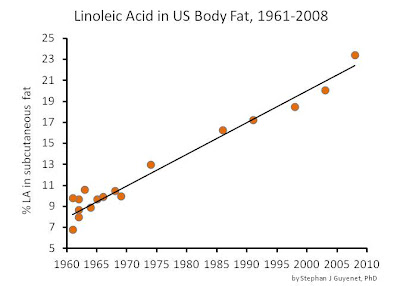IanD
Well-Known Member
- Messages
- 2,429
- Location
- Peterchurch, Hereford
- Type of diabetes
- Type 2
- Treatment type
- Tablets (oral)
- Dislikes
- Carbohydrates
When my Balance landed on the door mat I looked quickly through to find the interview with Trudi Deakin.
I must have missed it.
The nearest thing to a comment is on p. 45 about the BMJ article questioning the sat fat advice, & Balance rejects it:
I wonder, how much sat fat is officially considered "too much?" There are, of course, no links to follow up.
And I'm still waiting for the DUK diet expert for phone me, as arranged with the young ladies who came to the Hounslow support group meeting over a month ago.
I must have missed it.
The nearest thing to a comment is on p. 45 about the BMJ article questioning the sat fat advice, & Balance rejects it:
"More recent, rigorous scientific research supports the case that too much sat fat is not good for us."
So folks, forget Trudi & her well-documented research & advice. Go back to stuffing the wholegrain starchy carbs with the resultant poor control & complications.
I wonder, how much sat fat is officially considered "too much?" There are, of course, no links to follow up.
And I'm still waiting for the DUK diet expert for phone me, as arranged with the young ladies who came to the Hounslow support group meeting over a month ago.

